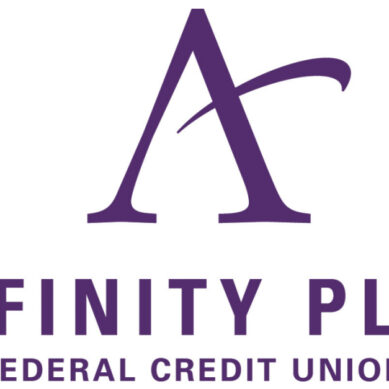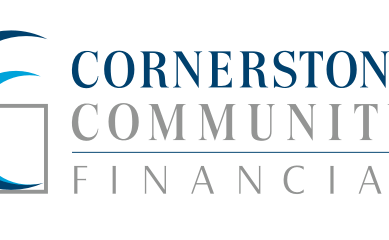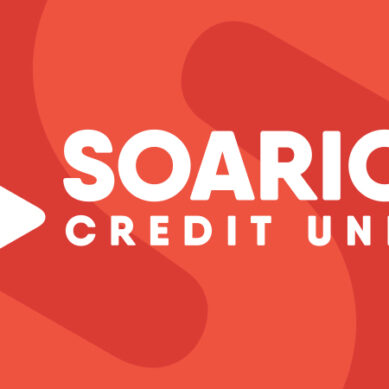The National Credit Union Administration announced that eligible credit unions will once again be able to apply for Community Development Revolving Loan Fund (CDRLF) grants in 2023, with the application window opening from May 1 to June 30.
Last year, 90 credit unions, all low-income designated, were awarded $1.5 million dollars ranging from $1,400 to $50,000 per credit union. Unfortunately, though 90 credit unions benefitted, another 130 applications representing another $3.2 million missed out.
In 2023, however, Congress has authorized the NCUA to distribute as much as $3.5 million, more than doubling last year’s eligible grant funding. Additionally, the CDRLF program has expanded its eligible pool from only low-income credit unions to also include minority depository credit unions.
In a statement released by the NCUA, Chairman Todd Harper expressed his excitement that more institutions would be eligible to “build capacity, invest in their communities, reach under-resourced populations, and provide their members with products and services to strengthen their economic security.”
Eligible credit unions can apply for grants under seven categories, two of which are new this year. These are underserved outreach, MDI capacity building, consumer financial protection, digital services and cybersecurity, training, impact through innovation, and small credit union partnership.
Underserved Outreach: With a maximum payout of $50,000, this initiative is for credit unions seeking to raise up the underserved, as well as minority, veteran, and immigrant populations. Funds can go towards outreach, financial education, and products/services.
MDI Capacity Building: These grant funds go to assist minority depository institutions (MDIs) in expanding their capabilities in serving their minority communities. Credit unions must be self-certified as Minority Depository Institutions as of the date of their application to be eligible for funds, of which the maximum amount is $50,000.
Consumer Financial Protection: Geared towards providing the credit union and its staff with the knowledge and resources needed to protect member data and finances, this grant will award up to $10,000. Funds might go towards consultants or training for staff on applicable laws and regulations.
Digital Services and Cybersecurity: Up to $10,000 awarded to improve network needs related to cybersecurity and training for staff and the board on how to protect against bad actors. While some grant options provide no upper limit on total assets, this is directed only at those under $250M, who are most in need of the technical resources to ensure proper network safety.
Training: For smaller still credit unions, only those up to $100M are eligible, with a maximum award of $10,000 to support management leadership skills and succession planning. This might come in the form of operational and leadership training, or to develop a management succession plan.
Impact Through Innovation: Where some grants are meant only for the smallest credit unions, this new initiative is directed at credit unions $250M or greater, and is designed to provide a bigger grant pool (maximum $100,000) to support long-term efforts in bringing services to the underserved. As a continuation grant, credit unions will have up to three years and a maximum $300,000, to institute programs that address the challenges of the underserved, banking deserts, affordable housing, credit invisibles, and fintechs.
Small Credit Union Partnership: Another continuation grant, with a one-year maximum of $50,000, provides funds to a group of credits each under $100M in assets to address operational needs. Though one credit union of a minimum group size of four will serve as leader, the funds are meant to address a shared challenge or goal, such as updating core processor. As with Impact Through Innovation, this may continue for a three-year period, in this case totaling $150,000 with successful implementation proof required yearly.
Credit unions seeking more information can find additional details on the Federal Register as well as the NCUA’s grant programs page.





























































